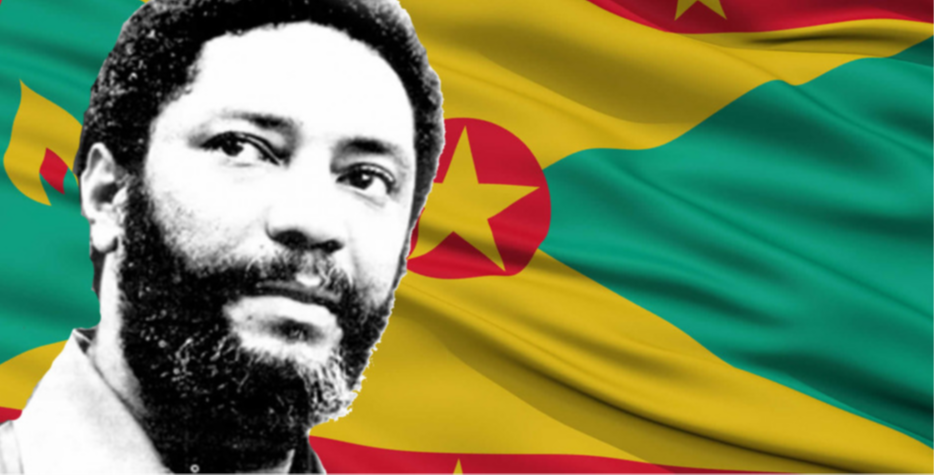
Saint George, September 21 (RHC) -- The government of Grenada announced plans to commemorate the 40th Anniversary of the assassination of Maurice Bishop, the country's first leftist leader, executed during a coup d'état on October 19, 1983.
The head of the nation's 50th Independence Anniversary Committee, Dr. Wendy Crawford, revealed at a press conference that the remembrance actions will be part of activities planned to celebrate five decades of the island's political independence, to be unveiled next month.
Prime Minister Dickon Mitchell, who was present at the announcement, defended the decision to honor the 40th anniversary of Bishop's death to coincide with the start of celebrations for independence from the United Kingdom, achieved on Feb. 7, 1974.
"I use the word commemorate because I think too often people assume that a public holiday means a celebratory event. In fact, and that's the point I want to make here, our perspective of marking October 19 as a public holiday is, in fact, that we recognize the somber nature, the tragic nature of what happened and reflect on it and understand what happened," he said.
Mitchell said it was also important for Grenadians to learn the lesson and ensure that it does not happen again.
During the past year, the government reported that it was moving forward with plans to declare October 19 a public holiday to commemorate the assassinations of Bishop and several members of his cabinet in 1983, which led to the collapse of the People's Revolutionary Government (PRG).
Maurice Bishop (1944-1983) was a politician and lawyer who, together with leaders of that Caribbean island, led a process of opposition to the military dictatorship of Eric Gairy (1967-1979) through the so-called New Jewel Movement.
In 1979 he headed a popular revolution, which was defined by its democratic, anti-oligarchic and anti-imperialist character, and became prime minister.
Following a coup d'état against him promoted by the head of the army, General Hudson Austin, with the consent of Deputy Prime Minister Bernard Coard, the leader was assassinated on October 19, 1983, along with 15 of his colleagues, including his wife, the Minister of Education, Jacqueline Creft.
Less than a week later, on October 25, the United States invaded the island by air and water, putting an end to the second socialist experience in the Caribbean since the 1959 Cuban Revolution. (Source:Prensa Latina)

